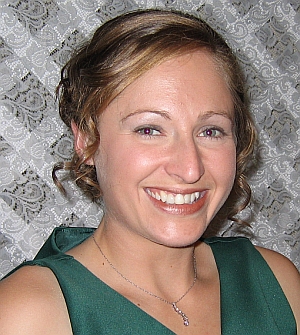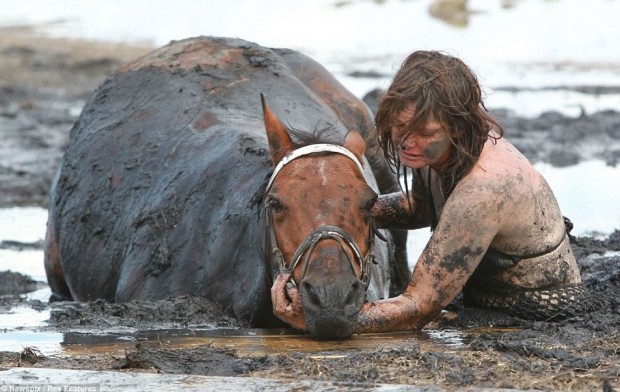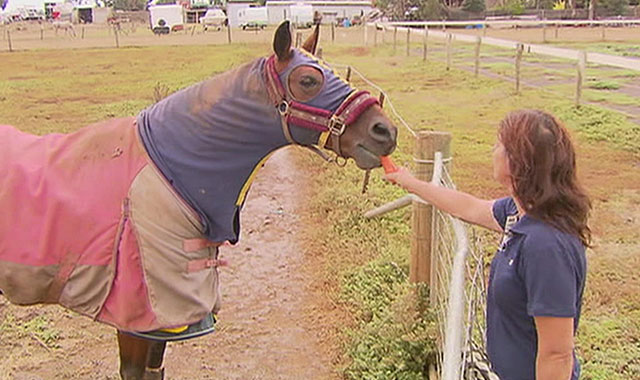 I always get excited when I have a guest. And having Marcy here is no exception. That’s why I’d like for us to take a few moments to get to know a little bit about Marcy Kennedy.
I always get excited when I have a guest. And having Marcy here is no exception. That’s why I’d like for us to take a few moments to get to know a little bit about Marcy Kennedy.
Marcy grew up within the peace and sincerity of a small town, as a farmer’s daughter. Thus, when growing up, her dreams were filled with lots of heroism and adventure. Maybe that’s why Marcy is an author of fantasy fiction, so she can share with us her super secret weapon against a world that can be dark, brutal and an unfair place to live.
Besides writing fiction, she is married, has a human-sized Great Dane and seven cats. And on occasion, Marcy has been known to have an adventurous streak that includes scuba diving with sharks and climbing the Sydney Harbour Bridge in Australia. Yet, Marcy admits, the scariest undertaking of them all, is playing her flute…in public.
Okay Marcy, now that we know this, we’d all like to hear you play! Right guys?
Sorry Marcy, I just couldn’t help myself. 🙂
As an Editor, Marcy puts to use her Bachelor’s degree in Social Psychology and a Master’s in Theological Studies. It is with this education that Marcy instills intense curiosity in human nature and history, along with a faith that makes her not only want to be a better person, but it is the very reason she took this journey to become a professional writer.
Thus in 2007, Marcy won the suspense/thriller category of Writer’s Digest’s Popular Fiction Competition and 2009, she won the grand prize. And since then, she’s won numerous other awards.
Wow Marcy, you’ve been busy! Congratulations to you!
Now, I’d like to talk about the reason I invited Marcy here today. I had found not only myself, but others over the last several months, had either written posts or made remarks about floundering as a writer. Yet, this is not just something that happens to a new writer. This curse happens to plague all writers, no matter where you are in this venture.
So when we reach a point in our writing when we need some help, what can we do? Where do we go for help? It may just be a friend or fellow author. But have you thought about working with an editor? And what are the benefits of working with an editor?
Here’s where I think Marcy can help!
Take it away Marcy!
When Karen asked me to write a post for her on why an editor is so important and how an editor can make our writing better, I leapt at the chance. As a freelance editor, I love helping authors take their books to the next level.
I also find nothing is more depressing than reading a book that could have been great…but isn’t.
And most of the time the only thing standing between an okay book and a good book, between a good book and a great book is a professional edit. (Or, and I think it’s important to be completely honest here, more than one edit.)
I know that hiring a freelance editor can be expensive, so I thought the most important post I could write is one to explain how to make the most of your time working with a freelance editor, especially if you’re on a limited budget.
I’ve written about the types of edits before, so I’ll direct you there if you need a refresher on the differences between a developmental edit, line edit, copy edit, and proofread. Where I’ve found most writers need an experienced editor’s eyes is on the big picture level of a developmental edit. But those can cost $500 to $3000 (or more!) depending on the length of your book, the depth of the edit, and a number of other factors.
Waiting a little longer to publish and saving up the money is the most common advice you’ll hear for solving this problem. I agree with that, but I think there are other things you can do as well.
So here are my top three tips for making the most of your time with a freelance editor regardless of your budget.
(1) Ask if the editor is willing to do a plot review.
This will mean a little extra work for you, but it’s well worth it. Go through your book and write a paragraph detailing each scene. What’s the point of view character’s goal? What happens? What essential plot/sub-plot information is revealed in this scene? In what way does this scene affect the characters? What’s the total word count after each chapter? (This last one is important for structure.) Include as much detail as you can. For an 80,000-word novel, you might write 20-30 pages.
Then hand that document over to the editor for review. They’ll look for plot holes, loose ends that haven’t been tied off, episodic writing, and places where the pacing may be wrong. If you go into enough depth in your summary, they’ll also be able to comment on your main character’s motivation, the consistency of their actions, whether they’re active or reactive (you want the former), and much more.
If you can’t afford any other kind of developmental edit, please find an editor who will do a plot review for you.
Even if you can afford a developmental edit, a plot review in advance can help avoid the problem of your book needing more than one developmental editing pass. It’s not uncommon for me to work on a book that really needs a second developmental edit due to major plot problems before it’s ready to go on to a line or copy edit. It’s heart breaking for an editor because our hands are tied. The author can’t afford a second developmental edit, and we can’t afford to work for free.
If you stall out on a book you love and desperately want to finish, a plot review can also help you get back on track.
(2) If this is your first book, hire an editor to do a critique of your first three chapters.
This is also a great idea if you’re aiming to traditionally publish, but have piled up rejections from agents or publishers.
Few things will improve your writing quicker than working with a good editor. They’ll help you see your strengths and strengthen your weaknesses. They’ll even give you mini-lessons on how to improve your areas of weakness.
This is another way to make sure you get the most from a full developmental edit. A critique of your first three chapters will allow you to fix craft issues in the rest of your book before sending it off to an editor.
(3) Don’t be afraid to tell the editor you can’t afford the amount they quoted you, and ask what they could do within your budget.
Not every editor will be willing to customize, but a lot of us will, especially if we’re also writers ourselves. I’m committed to finding ways to help self-publishers put out the best work possible because the higher the quality of self-published books on the market, the more the stigma will go down and the more we all benefit.
Important Bonus Tip: Contact an editor well in advance!
So many writers don’t understand you should book an editor a month or more in advance of when you expect to need them. I’ll often squeeze a writer in, giving up my evenings and weekends, but I’ve also had to turn people away because they hadn’t talked to me far enough in advance and I was already overbooked.
I know it can be difficult to predict when your book will be ready, but at least contact the editor you want to work with and give them a rough time frame. You don’t want to lose the chance to work with a great editor because you didn’t email them far enough in advance.
And now it’s your turn. What questions do you have about hiring or working with an editor?
About Marcy Kennedy:
Marcy is a fantasy writer who believes there’s always hope—sometimes you just have to dig a little harder to find it. Alongside her own writing, Marcy works as a freelance editor. (Check out Marcy’s editing services here.) You can find her blogging about writing on Wednesdays/Thursdays and about the place where real life meets science fiction, fantasy, and myth on Mondays and Fridays Because Fantasy Is More Real Than You Think…
Thank you Marcy!
No, thank you Karen.
May I speak for all of us when I say, thank you Marcy for sharing this information! It was inspiring and you were a great help!
So what do you think? Have you used the services of an editor before? If so, how was your experience? Are you frustrated or feel like you need a little help with your writing? Perhaps your story is in the developmental stage and you feel that you need a little support or an extra pair of eyes. Whatever the case may be, please feel free to ask Marcy any questions you may have!
Thank you for stopping by and for all the blog love and amazing comments!
Karen


